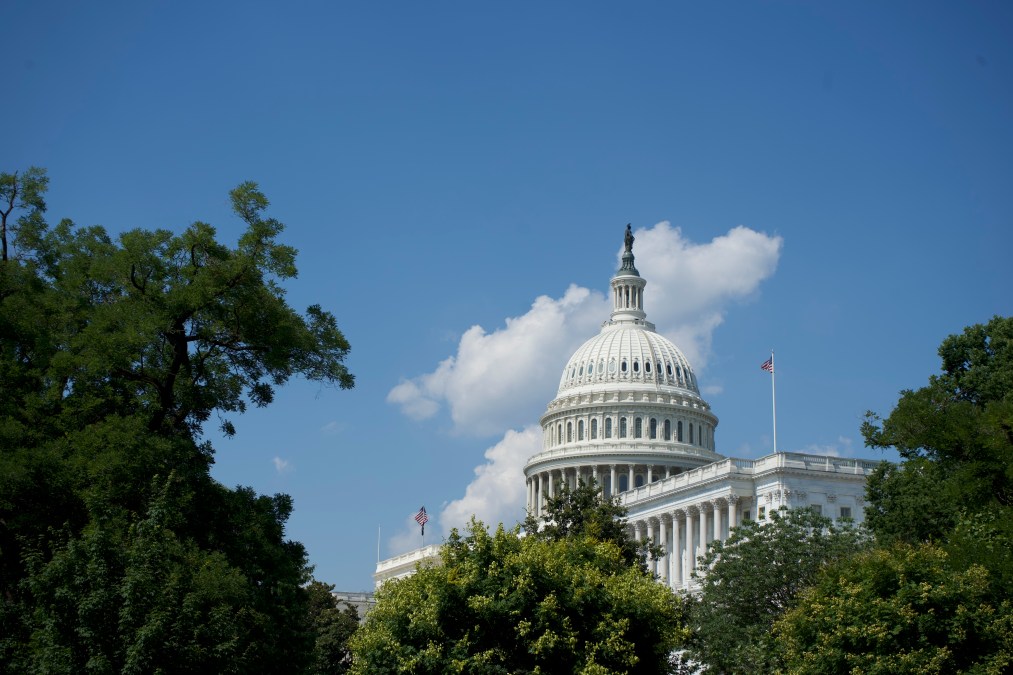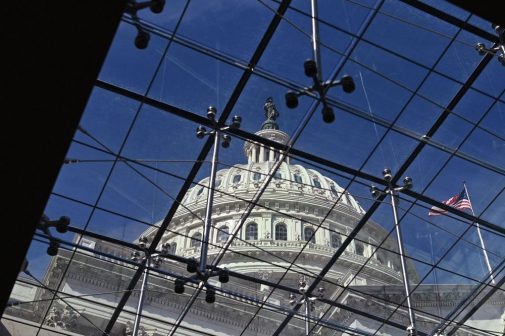House Republicans probe NIST on facial recognition for federal digital identity verification

Three House Republicans are asking the National Institute of Standards and Technology to provide information about how it’s alleviating concerns with facial recognition when it comes to using it as a method of identity verification for accessing online federal services.
In a letter to NIST Director Laurie Locascio this week, the leaders of the House Committee on Science, Space, and Technology asked the agency to share findings from its digital identity and facial recognition work related to its Digital Identity Guidelines. Those guidelines serve as a best practices reference for U.S. agencies on identity verification methods for federal services.
According to the letter — which was signed by committee Chair Frank Lucas, R-Okla., Research and Technology subcommittee Chair Mike Collins, R-Ga., and Investigations and Oversight subcommittee Chair Jay Obernolte, R-Calif. — that guidance permits agencies to use face recognition technology as a method of identity verification.
“Despite the many advantages of face recognition technology, its trustworthiness has long been questioned, particularly as it relates to personal privacy issues. There have also been concerns raised about the accuracy of face recognition technology and the use of biometrics to authenticate a user,” the lawmakers said.
Specifically, they asked for details on how NIST, a component of the Department of Commerce, participates in the development of facial recognition development and what measures it’s implemented to ensure the technology is accurate and reliable, “particularly in terms of identifying users across diverse demographic groups.”
They also asked for information on safeguards in place for storage of sensitive personally identifiable information collected through facial recognition.
A spokesman for NIST told FedScoop that the agency had received the letter and plans to respond.
The House lawmakers aren’t alone in their focus on facial recognition and civil rights implications of artificial intelligence technologies, which pose potential discrimination issues. Senate Majority Leader Chuck Schumer, D-N.Y., and Sen. Ed Markey, D-Mass., recently asked the White House to consider requiring all federal agencies using AI to have a civil rights office to help protect against algorithmic discrimination.
A recent report by the U.S. Commission on Civil Rights that focused more broadly on facial recognition use by the government found a “concerning lack of federal oversight” with those technologies. Tha report asked agency chief AI officers to work with NIST on the development and implementation of programs to test the systems.
The lawmakers requested a response from NIST by Oct. 22.






